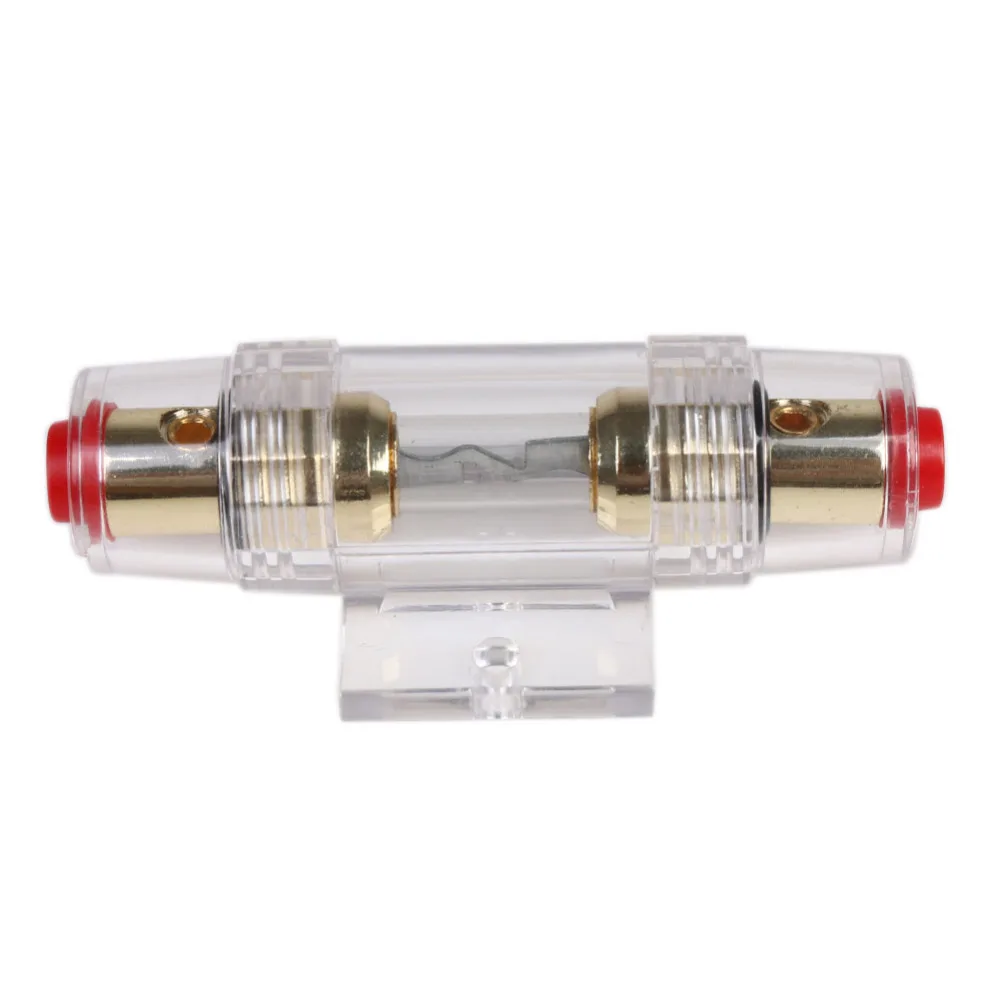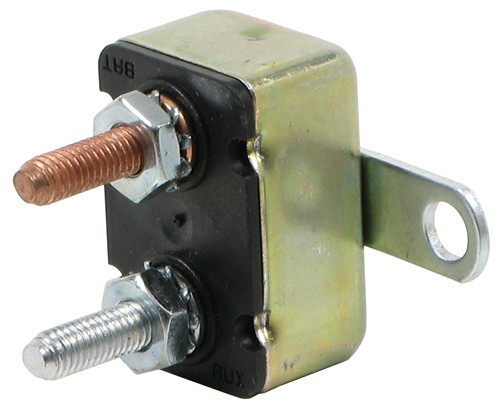CptSydor
Jun 08, 2017Explorer
Breakers for solar
I purchased all the components for my solar about 1.5 months ago. At that time I ordered a few inline 30amp fuses, but unfortunately they haven't arrived yet. I have everything else, so I've been waiting to install, unfortunately I'm leaving in 2 weeks on a 3.5 month trip, so I need to get this done now.
I ordered ones like this since I was hoping to have it mostly plug and play. Just connect things together. I was hoping to stay way from splicing wired or adding terminal connectors.

In absence of those, what are my options? I can get these inline circuit breakers. Are they appropriate for the places I was going to put fuses?

I could splice in fuses like this, but they always seem to be larger gauge wiring than my solar, but maybe I haven't looked carefully enough.

Any other recommendations? I'm in Canada, so I have places like Princess Auto, etc to work with. Can't order anything online a this point. Preferably the easier the better. I'm confident I can start making new connections, but its not something I've really done.
I ordered ones like this since I was hoping to have it mostly plug and play. Just connect things together. I was hoping to stay way from splicing wired or adding terminal connectors.

In absence of those, what are my options? I can get these inline circuit breakers. Are they appropriate for the places I was going to put fuses?

I could splice in fuses like this, but they always seem to be larger gauge wiring than my solar, but maybe I haven't looked carefully enough.

Any other recommendations? I'm in Canada, so I have places like Princess Auto, etc to work with. Can't order anything online a this point. Preferably the easier the better. I'm confident I can start making new connections, but its not something I've really done.